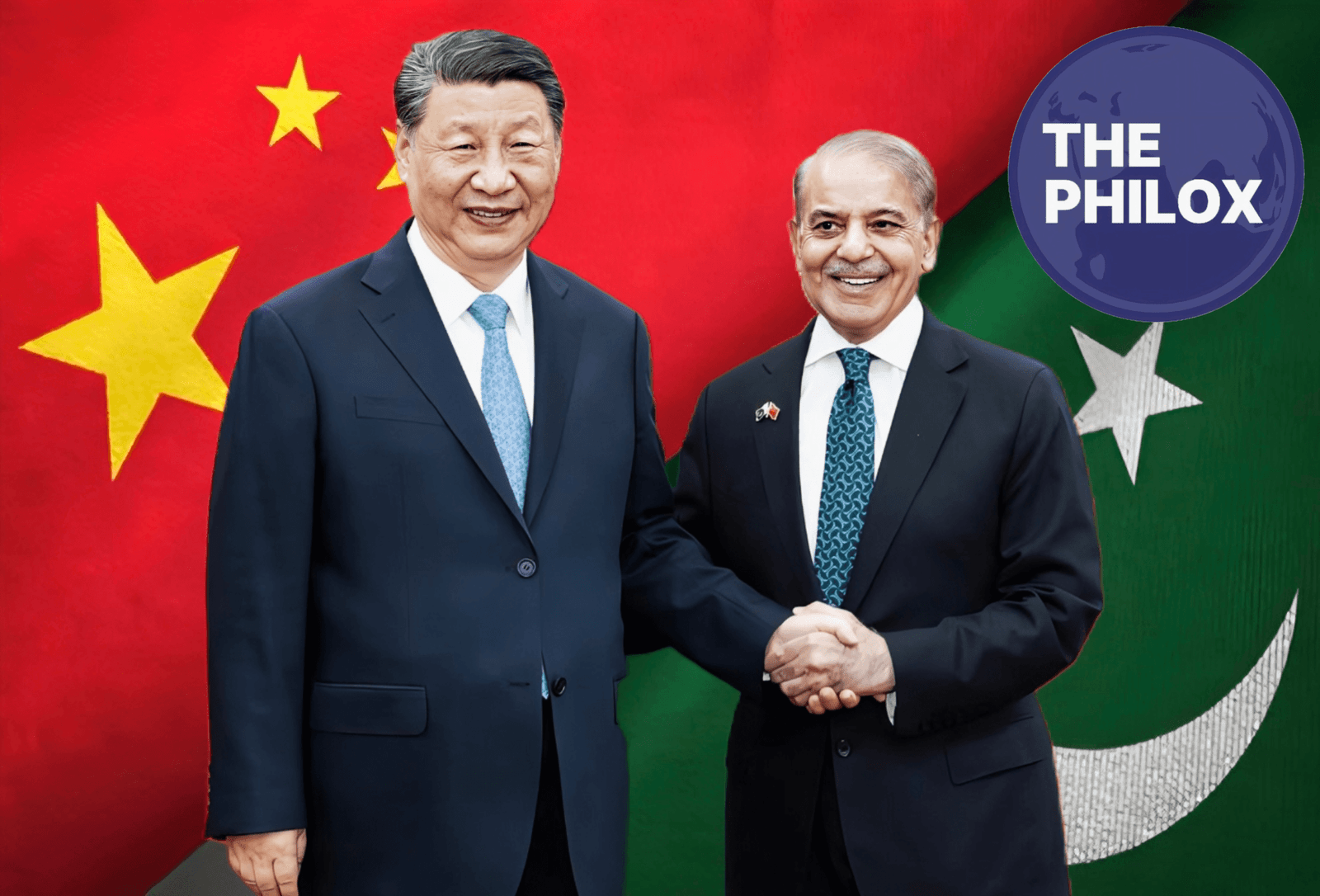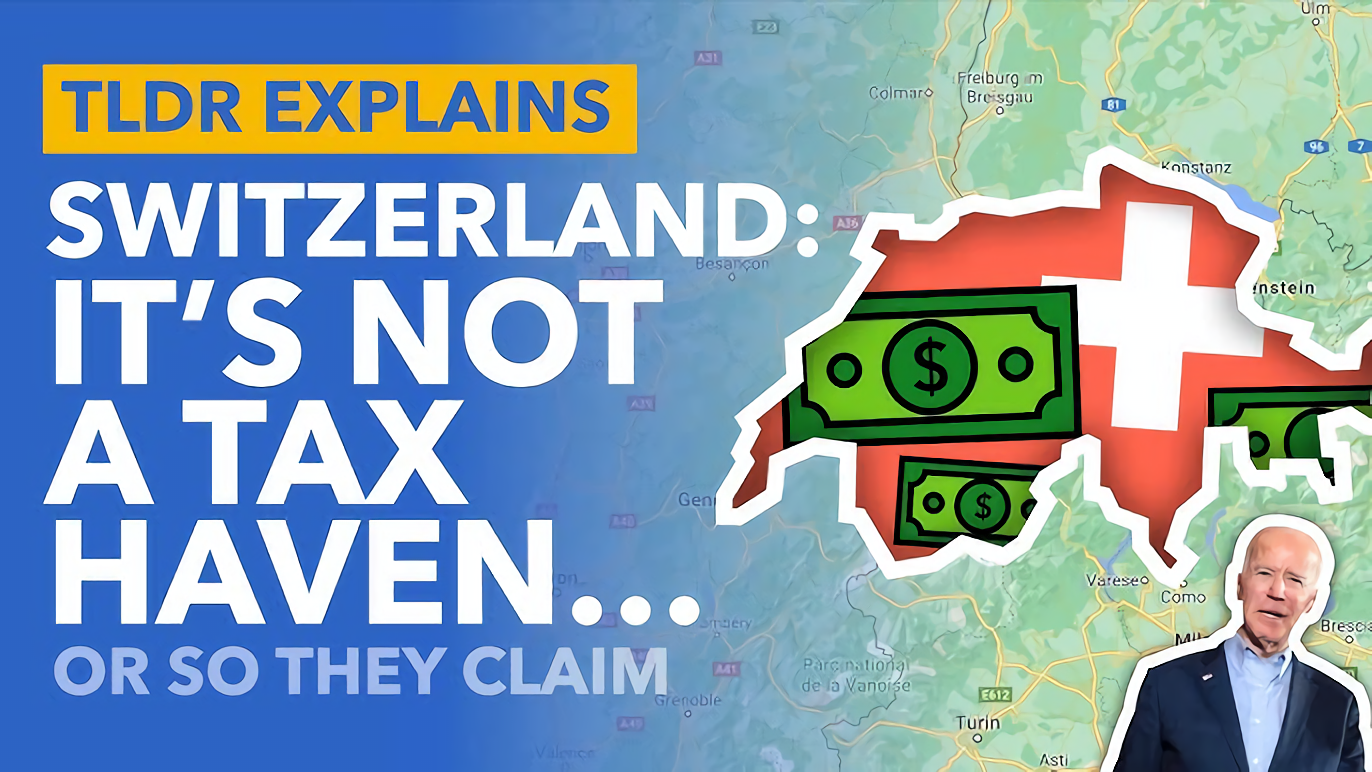
In the midst of the economic crisis, Shehbaz Sharif makes contact with China.
Shehbaz Sharif, the Prime Minister of Pakistan, has launched an official request to Xi Jinping, the President of China, for a necessary economic lifeline. This request comes at a time when Pakistan is experiencing one of the most severe financial crises in its whole history.
This appeal was made during Prime Minister Shehbaz’s most recent trip to Beijing, where he took the opportunity to highlight the critical need for assistance in order to avoid Pakistan from falling further into economic difficulty.
Shehbaz Sharif, the Prime Minister of Pakistan, addressed the Chinese leadership during a high-level meeting and described Pakistan’s current economic position.
He also requested immediate financial aid, long-term investment, and more bilateral cooperation. He made it quite obvious that Pakistan’s economic recovery may be hard to achieve without assistance from outside sources.
In Pakistan, the country’s economic problems are only becoming worse.
Over the course of the last few years, Pakistan’s economy has been under pressure from a variety of different difficulties. In the past few weeks, foreign reserves have dropped to levels that are dangerously low, hardly sufficient to finance a few weeks’ worth of imports.
At a rate that is unaffordable for a large number of average residents, inflation has skyrocketed, causing costs of food, petrol, and other necessities of everyday life to rise at an alarming rate.
In addition to rising prices and diminishing reserves, Pakistan is also struggling under the weight of a sizeable amount of external debt.
The repayment of loans has become a significant problem, and the nation continues to rely on new loans to pay back loans that were taken out in the past. Because of this cycle, concerns have been expressed concerning the long-term viability of the debt.
According to statements made by Prime Minister Shehbaz Sharif, the situation is no longer able to be managed without the strong help of friendly countries such as China. He went on to say that Pakistan is dedicated to implementing economic reforms, but that in order to do it properly, the country requires time and breathing room.
The All-Weather Ally of Pakistan is China
Over the course of several decades, China and Pakistan have kept their diplomatic, military, and economic ties quite close. This relationship, which is frequently referred to as “iron brothers,” has become even more robust as a result of the construction of the China-Pakistan Economic Corridor (CPEC), which is a flagship initiative under China’s Belt and Road Initiative.
The China Pakistan Economic Corridor (CPEC) has resulted in China investing billions of dollars in Pakistan’s infrastructure, which includes rail lines, ports, power plants, and highways.
Nevertheless, a significant number of these projects have also contributed to Pakistan’s debt, particularly in cases when the profits generated by the projects have not conformed to the anticipated levels.
In spite of this, China continues to be one of Pakistan’s most reliable diplomatic partners. Over the course of its history, Beijing has provided assistance to Islamabad by means of financial bailouts and currency swaps. Now, as Pakistan finds itself at yet another economic crossroads, Prime Minister Shehbaz is once again turning to China with enthusiasm and a sense of dire necessity.
Desires of Pakistan in Regard to China
Within the course of the tour, Prime Minister Shehbaz emphasized three important areas in which Pakistan requires cooperation from China. The first thing that he did was ask for direct financial help in the shape of loans or grants in order to increase the amount of foreign reserves.
Secondly, he requested that further investments be made in vital industries such as agriculture, technology, and energy in order to boost production and create new employment opportunities. In the third place, he suggested conducting more extensive strategic collaboration, which would include currency exchanges and trade agreements, in order to lessen reliance on Western financial institutions.
In addition, Shehbaz Sharif underlined the importance of expediting the CPEC projects that have been delayed and making certain that Chinese businesses that are working in Pakistan find a sense of security and welcome. In his assurance to the Chinese leadership, he stated that his government will do everything in its power to safeguard Chinese workers and investments.
The Pakistani government is coming under increasing pressure.
During a time when the government of Prime Minister Shehbaz Sharif is facing intense pressure at home, this plea to China has been brought forth. The general populace is becoming more and more dissatisfied with the rising costs of living, the high unemployment rate, and the limited economic prospects available. Protests have taken place in a number of places, and opposition parties have been criticizing the administration for its poor management and excessive borrowing.
According to the opinions of experts, the Pakistani government might not be able to endure the economic impact if it does not receive assistance from other sources, particularly from a nation such as China.
In addition, the International Monetary Fund (IMF) has imposed stringent conditions on the release of funds. These requirements include the reduction of subsidies and the increase of taxes, both of which are actions that are extremely unpopular with the general people.
As a result, Prime Minister Shehbaz Sharif is looking for alternatives that will bring relief without causing any further upheaval.
When seen in this light, China emerges as a logical option because it provides assistance without requiring the same degree of transparency and policy adjustments that Western lenders frequently seek.

The Well-Thought-Out Reaction of China
China has a long history of providing assistance to Pakistan during times of crisis; nevertheless, China is also confronted with its own economic issues. There is a slowdown in Beijing’s economic economy, a crisis in the housing market, and rising tensions with Western countries.
Beijing is dealing with all of these issues. There is a possibility that Chinese leaders would consider the political and economic dangers before providing Pakistan with yet another significant bailout.
On the other hand, Chinese officials have demonstrated an interest in stabilizing Pakistan, particularly due to the fact that Pakistan occupies a strategic location in South Asia and is an essential partner in the Belt and Road Initiative.
The collapse of Pakistan’s economy could not only be detrimental to the stability of the area but also to the interests of China in the region.
Although it is quite probable that China will grant the request made by Prime Minister Shehbaz, the help may be contingent upon the fulfillment of certain conditions, such as the provision of security guarantees and a more stringent supervision over the utilization of funds.
What Exists in the Balance for Pakistan?
This proposal to China is more than just a request for financial assistance; rather, it is a request for Pakistan to continue existing. There is a possibility that the nation will experience a crisis in its balance of payments, shortages of fuel, and perhaps social upheaval if it is unable to acquire the necessary support.
To avoid a situation in which it would be forced to make significant reductions to key services or fail on its debts, the government is working to avert such a situation.
At the same time, Pakistan’s debt trap could become much more severe if it continues to accept further loans without implementing structural changes.
The problem for the government of Shehbaz Sharif is to strike a balance between providing assistance in the immediate term and planning for the long term economically.
Putting a Relationship to the Test
The current position presents a significant challenge to the relationship between Pakistan and China. The two nations have utilized the phrase “higher than mountains and deeper than oceans” to define the nature of their alliance. The time has come for that friendship to demonstrate its worth in terms of actual application.
Both the urgency of the situation and the degree of trust that Pakistan placed in China are brought into focus by the direct plea that Prime Minister Shehbaz Sharif made to Xi Jinping. It remains to be seen if this trust will be rewarded with a generous bailout, but for the time being, Pakistan’s expectations are largely dependent on Beijing’s willingness to assist.
The economic problems that Pakistan is experiencing are severe, and the road to recovery is paved with obstacles as well. Given the rising rate of inflation, the diminishing foreign reserves, and the growing debt, the nation is in desperate need of assistance from outside sources.
Within the context of Pakistan’s efforts to achieve economic stability, the visit of Prime Minister Shehbaz Sharif to China and his subsequent plea to President Xi Jinping signal a crucial juncture. Not only will the conclusion of this request have an impact on Pakistan’s immediate future, but it will also have an effect on Pakistan’s relationship with China in the long run.








